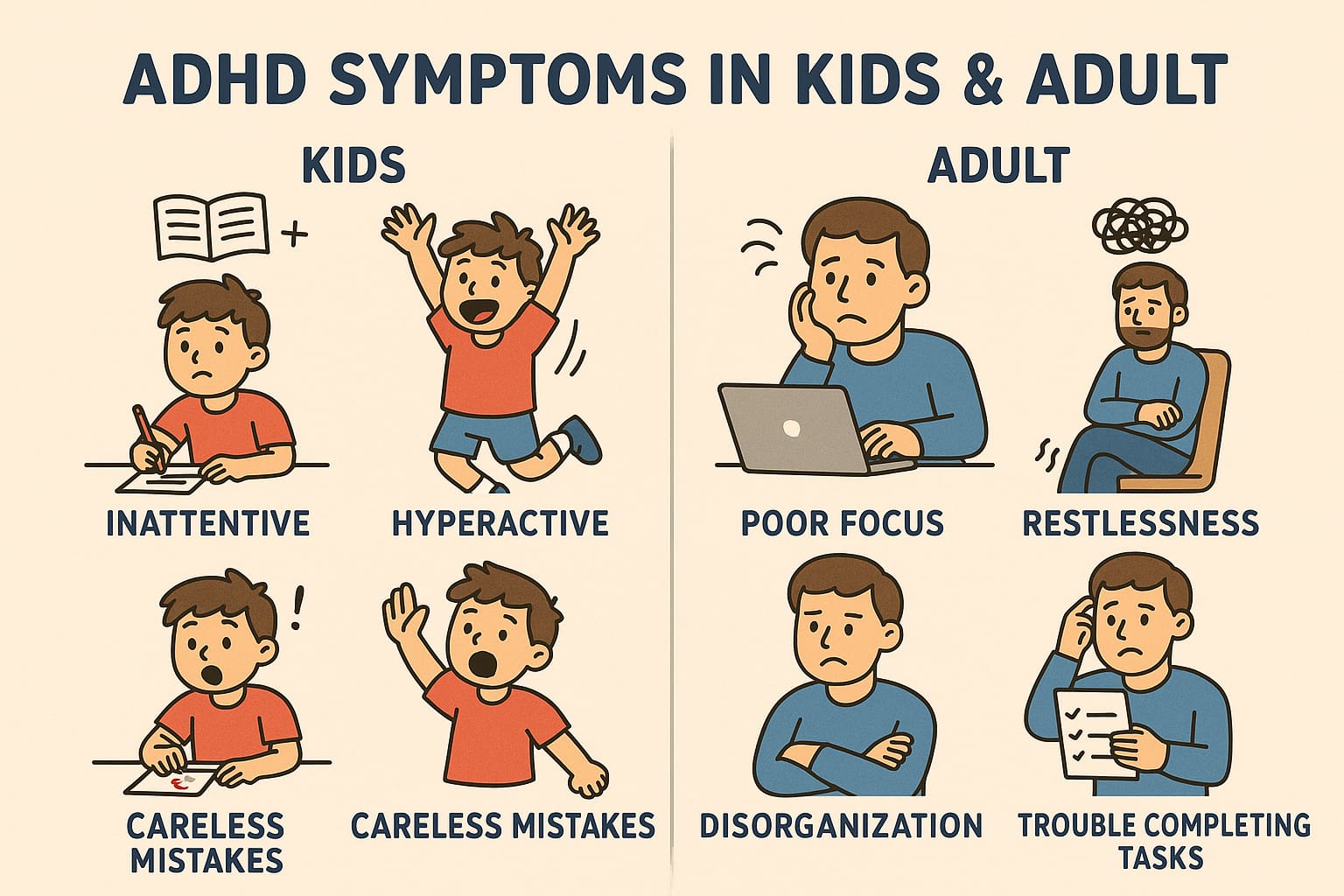Online therapy has become a practical option for many seeking mental health support. It connects individuals with licensed therapists and psychiatrists through various formats such as video sessions, messaging, and live chats. This flexibility allows people to access care from anywhere, often at a lower cost than traditional in-person therapy.
Online therapy offers effective treatment for conditions like anxiety, depression, and stress, making mental health care more accessible and convenient. Platforms vary in features but generally include tools like worksheets, activity plans, and medication management alongside counseling sessions.
With growing options available, individuals can choose services that fit their needs, preferences, and budgets. This approach has expanded access to professional help, especially for those in remote areas or with busy schedules.
What Is Online Therapy?
Online therapy is a way to receive mental health support remotely through digital communication. It involves licensed professionals providing counseling without the need for in-person meetings. This approach uses various technologies to maintain confidentiality and facilitate interaction.
How Online Therapy Works
Online therapy typically takes place on secure platforms that comply with privacy regulations like HIPAA. Clients connect with therapists through video calls, phone calls, messaging apps, or email. Sessions are scheduled similarly to traditional therapy, offering flexible times.
Before sessions, clients usually create profiles and choose therapists based on specialties and preferences. Communication tools vary: video offers real-time interaction, while messaging allows asynchronous conversations. Clients can share documents or complete assessments online.
Therapists tailor approaches to fit the online environment while maintaining professional standards. The convenience reduces barriers like travel and scheduling conflicts, allowing continuous support for mental health conditions such as anxiety, depression, or stress.
Types of Online Therapy
Several formats exist to suit different needs and preferences:
- Video Therapy: Real-time face-to-face sessions via webcam.
- Text-Based Therapy: Uses email or chat for ongoing conversations.
- Phone Therapy: Conducted through voice calls without video.
- Hybrid Models: Combining in-person and online elements.
Each type offers distinct benefits. Video allows visual cues similar to office visits, while text may assist those uncomfortable with speaking. Phone sessions offer privacy when video is not possible.
Therapists choose methods based on client needs, technical capability, and treatment goals. This flexibility makes therapy accessible to many who otherwise might not seek help.
Benefits of Online Therapy
Online therapy offers accessibility, allowing clients to engage from any location with internet access. It reduces travel time and can fit more easily into busy schedules. This convenience increases consistency in attending sessions.
Cost is often lower compared to traditional therapy due to reduced overhead for therapists. For some, it lessens the stigma by enabling private, discreet treatment from home.
Online therapy expands reaching individuals in remote or underserved areas where mental health services are scarce. It also provides options for those with mobility issues or chronic illnesses.
While effective for many conditions, it is important to note that online therapy may not be suitable for all cases, particularly those requiring emergency intervention or intensive in-person care.
Choosing the Right Online Therapy Service
Selecting an online therapy service requires attention to key factors such as platform features, costs, and data protection. These elements help ensure the service meets specific mental health needs while fitting within practical limits.
Evaluating Online Therapy Platforms
Users should assess the therapy formats a platform offers, such as video, phone, live chat, or email sessions. It’s important to verify the qualifications and licensing of therapists available through the service.
Platforms often vary in specialization; some focus on cognitive behavioral therapy (CBT), others on couples or family therapy, or tailored care for specific groups. Checking if the platform offers additional support, like medication management or access to psychiatrists, can be beneficial.
Reviewing client support services and ease of scheduling also matters. The overall user experience, such as app design and responsiveness, should align with the user’s preferences and comfort level.
Cost and Accessibility Factors
Cost structures differ widely across platforms. Some accept insurance, while others offer affordable cash-pay options or subscription plans. Evaluating what fits within the budget without compromising care quality is critical.
Accessibility includes the availability of therapists with diverse cultural or gender sensitivities and services accommodating disabilities. Users should also consider platform flexibility in scheduling and session formats.
It is helpful to look for platforms with free trial sessions or guarantees to test the service. Transparency about hidden fees or cancellation policies is another essential aspect to check before committing.
Privacy and Security Considerations
Ensuring data privacy is a priority in online therapy. Platforms must comply with legal standards such as HIPAA in the U.S., protecting personal health information.
Users should confirm that communication channels, including video calls and messaging, are encrypted. Reviewing a platform’s privacy policy reveals how user data is collected, stored, and shared.
Trustworthy platforms also offer options to maintain anonymity and control over personal information. Awareness of how therapists handle confidentiality can influence the decision significantly.



